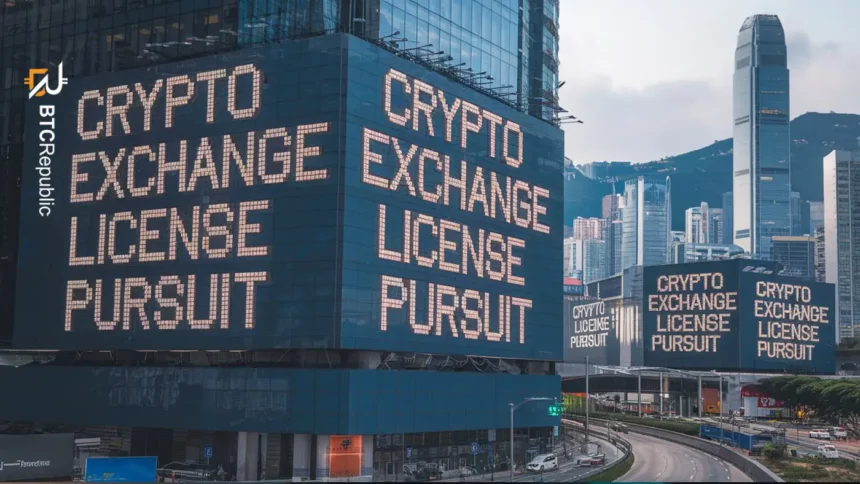HONG Kong’s mission to become a digital asset center is dangling on the thin tread as it’s unclear if all 11 crypto exchanges will acquire complete licenses even after getting early approvals.
The city’s Securities and Futures Commission (SFC) discovered some bad practices at certain “deemed-to-be-licensed” platforms.
These illegal actions were uncovered during checks that were done on-site since the platforms were approved in June, according to sources who know about the matter. The sources requested not to be exposed because the details are private.
The SFC Is Increasing Scrutiny Of Cryptocurrency Companies
Some of the cryptocurrency companies depend too much on a few executives to take care of client assets, while others are not doing enough to protect against online crime risks, the source noted.
This increased scrutiny comes after JPEX, an unlicensed cryptocurrency platform was accused of stealing over $200 million from more than 2,600 people.
The SFC Previously, stated that JPEX and some cryptocurrency influencers gave wrong or tricky information on social media, falsely saying that the exchange had asked for a license to trade virtual assets in Hong Kong.
The watchdog later stated that JPEX had not presented any such application, even though the platform asserted that it was given a license. It also claimed that it was approved to help people trade virtual currency and digital assets.
It’s not clear which companies didn’t meet the SFC’s requirements. The inspections are still happening and might change. These findings add to the difficulty officials face in building a successful crypto hub in the city.
Licensing Crypto Exchanges Aims To Make Hong Kong A Top Financial Center
The 11 exchanges considered for licensing include big names like Crypto.com and Bullish, along with Matrixport HK, WhaleFin, EX.IO, YAX, Bixin.com, DFX Labs, Accumulus, PantherTrade, and HKbitEX. Crypto.com didn’t comment on the inspections, and the other exchanges didn’t reply either.
A spokesperson for the SFC stated that while they don’t comment on specific cases, the inspections were done to check if applicants followed the rules.
This was done especially regarding the protection of client assets and know-your-client processes.
The spokesperson added that if platforms can’t fix “serious issues found during on-site inspections,” the SFC might decide to take away their deemed-to-be-licensed status or deny their license applications.
Licensing crypto exchanges is a major part of Hong Kong’s Web3 plan, which started in 2022 to help the city become a top global financial center after political problems.
But the authorities have been careful, and this approach hasn’t yet brought big changes in staff or money investment.
Only two crypto exchanges, HashKey and OSL have acquired a complete license in Hong Kong. The SFC plans to give out more licenses by the end of this year, but already 12 applications, including OKX, HK, Huobi, and Bybit, have been pulled back.










